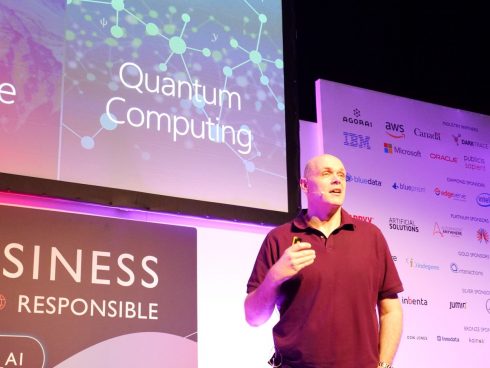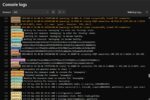
Microsoft is looking to open up the quantum ecosystem to experts, development and researchers with the announcement that its quantum development kit (QDK) is now open sourced.
Microsoft hopes quantum computing will be used to help global challenges such as clean energy solutions and resource-efficient food production. It is already working with Case Western Reserve University to advance MRI scanning for higher accuracy.
RELATED CONTENT:
Gartner’s top 10 technology trends for 2019
Quantum computing fund set up for open-source projects
“The collective contributions of our quantum community will drive the necessary software advances, from the algorithms that will unlock applications to the tools that will enable the optimization necessary to overcome hardware constraints, so that together we can solve planet-scale challenges,” the Microsoft quantum team wrote in a post.
The original QDK was released 18 months ago and it includes the Q# quantum programming language and compiler. The QDK also includes development environment extensions for VS and VS Code, integration with the Jupyter platform and resources such as simulators and resource estimators to help developers contribute.
“One of places Microsoft is being really forward-thinking is in quantum computing and I think that we’re probably right in the very infancy of quantum computing being the next big wave. We’re still probably five to ten years away from it revolutionizing but it’ll be as big as data science,” said Patrick Hynds, former Microsoft Regional Director and MVP and current CEO of DTS.
Hynds added that it’s difficult to find people who have the skills in quantum computing, but Microsoft is making it easier through the Q# language that developers can use to program against their simulators.
“These recent updates to the QDK, ranging from our open-source efforts to our new ‘no install’ option, are designed to make it easier than ever for you to engage with and contribute to our quantum initiatives,” Microsoft wrote.






